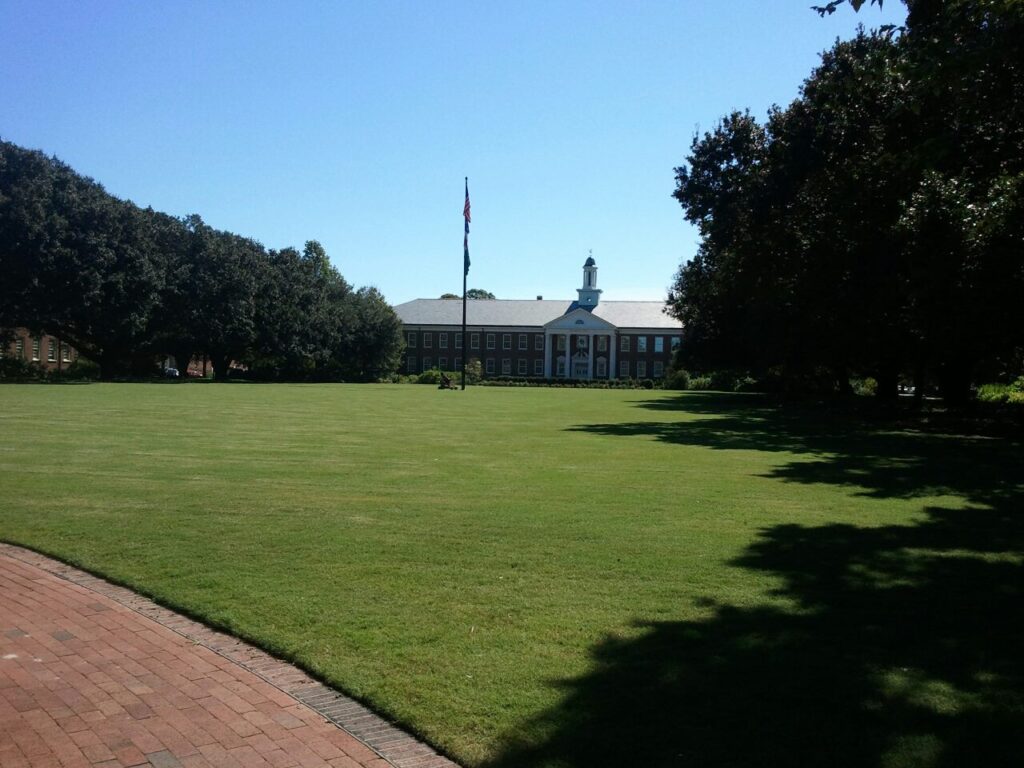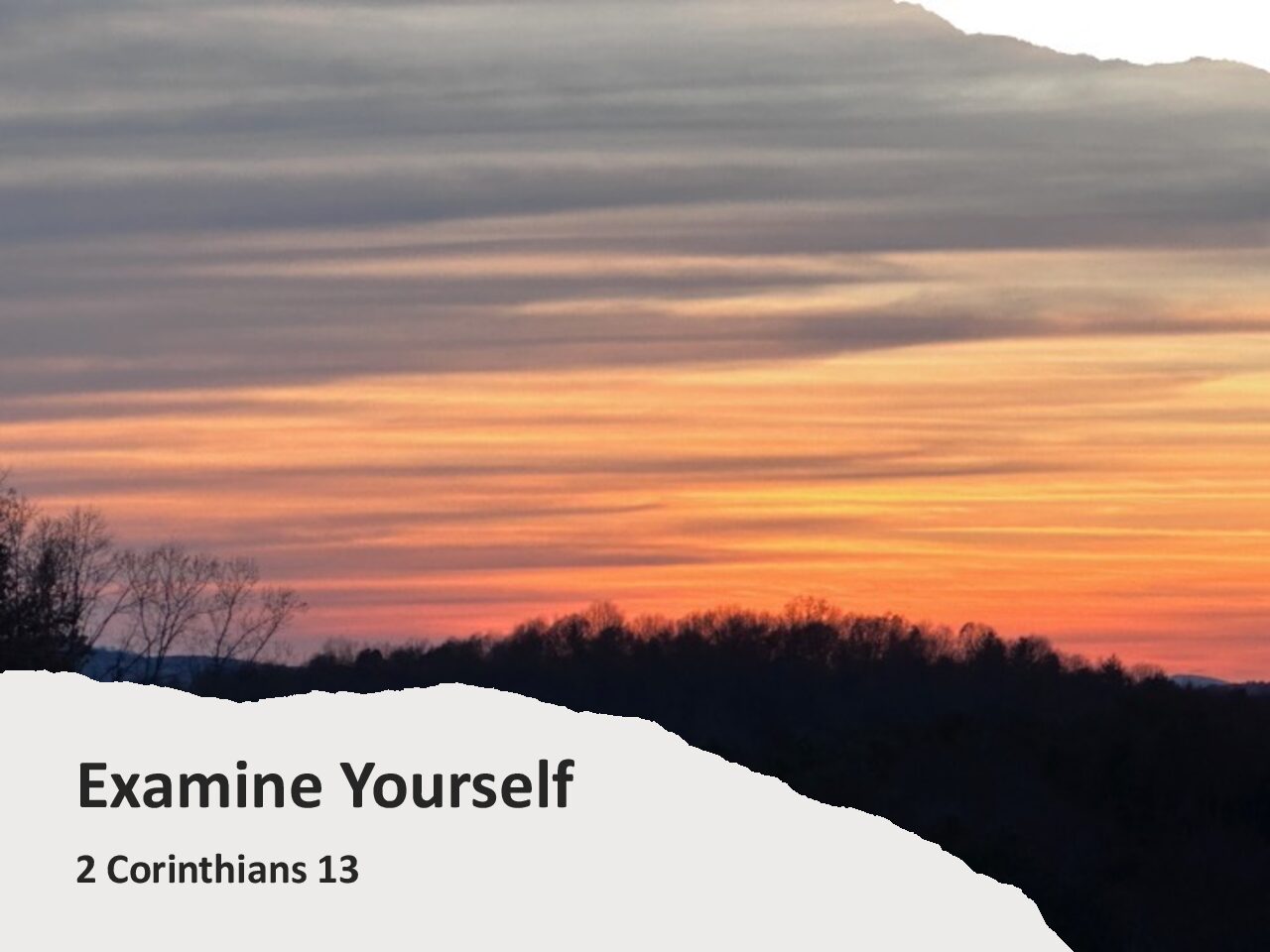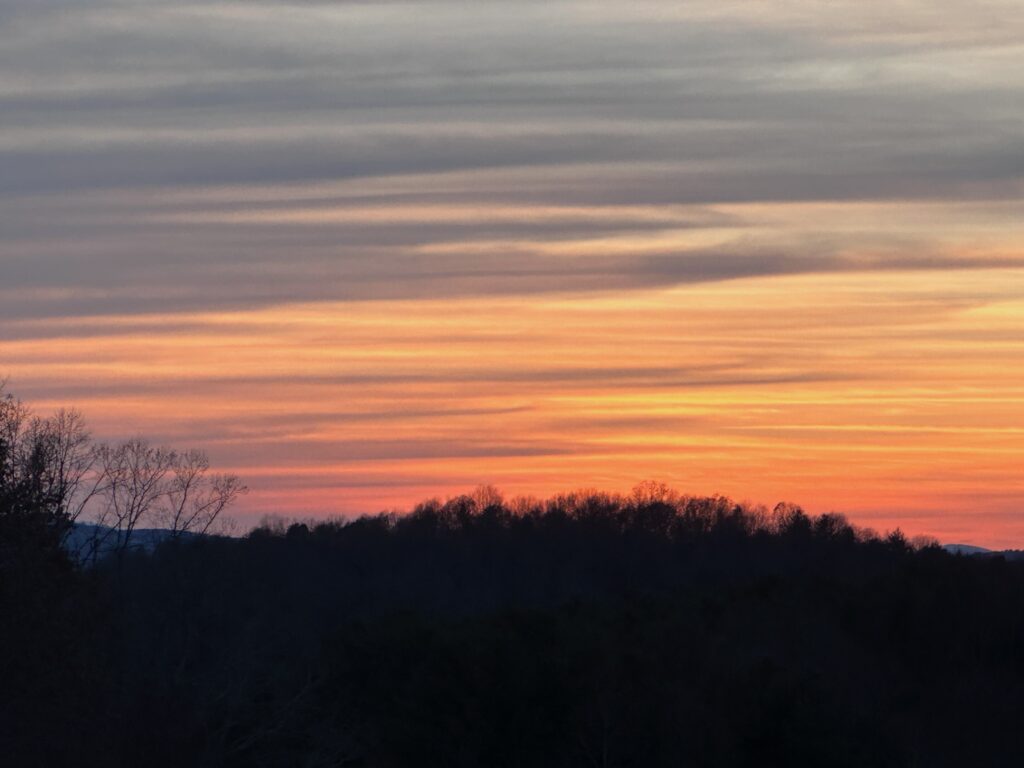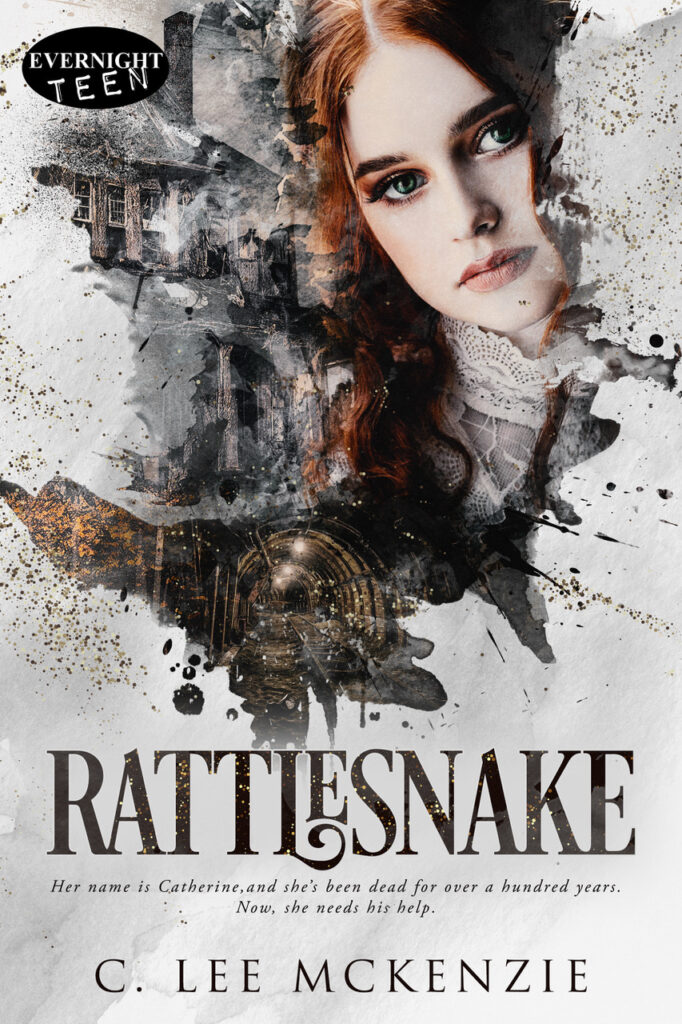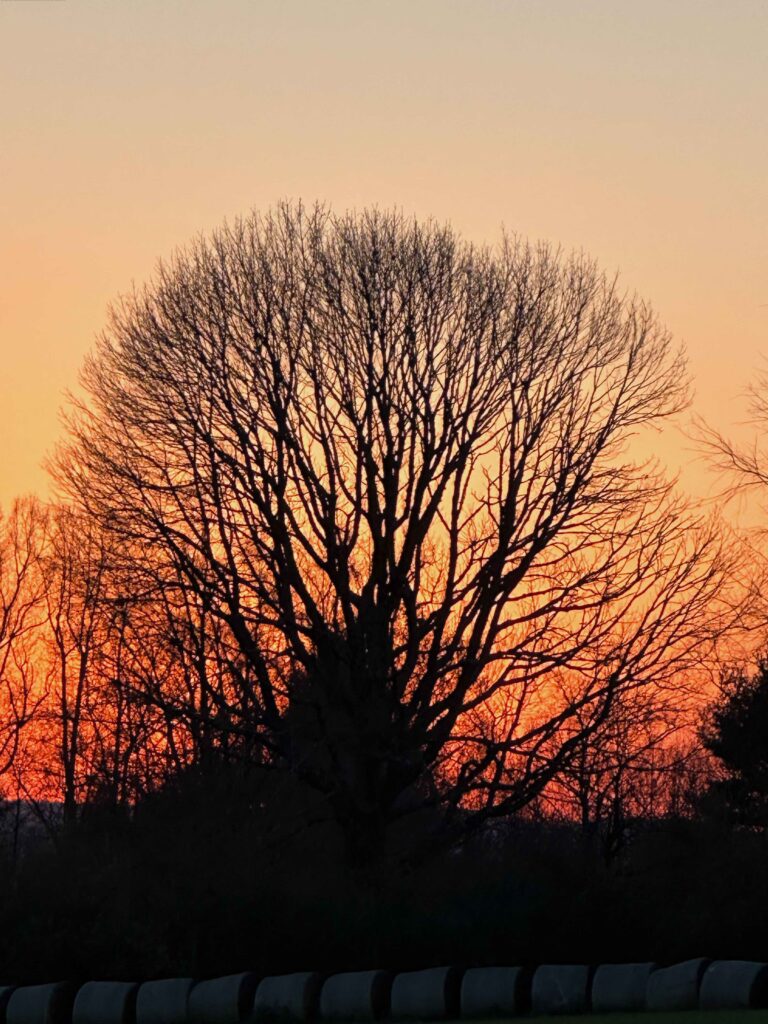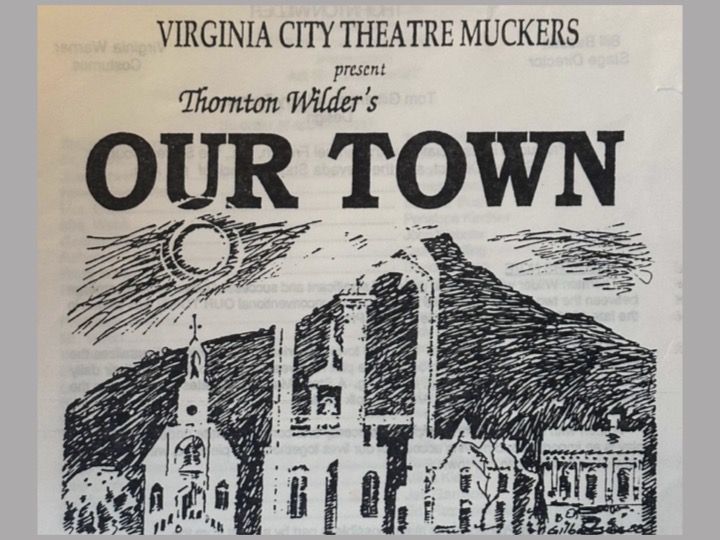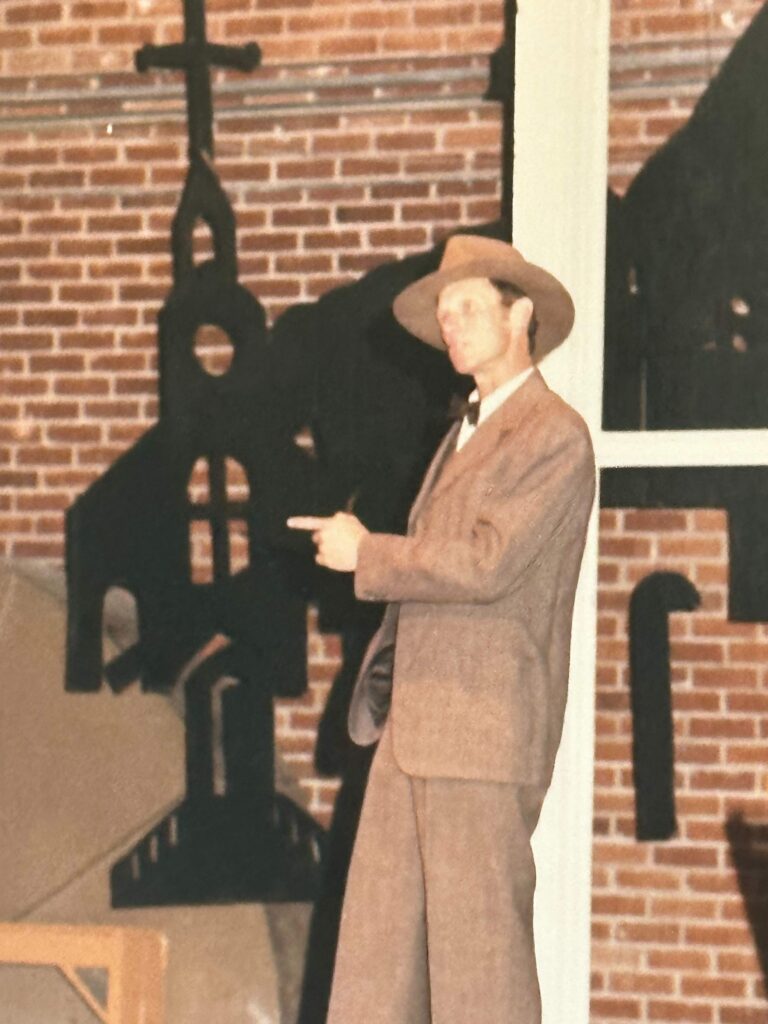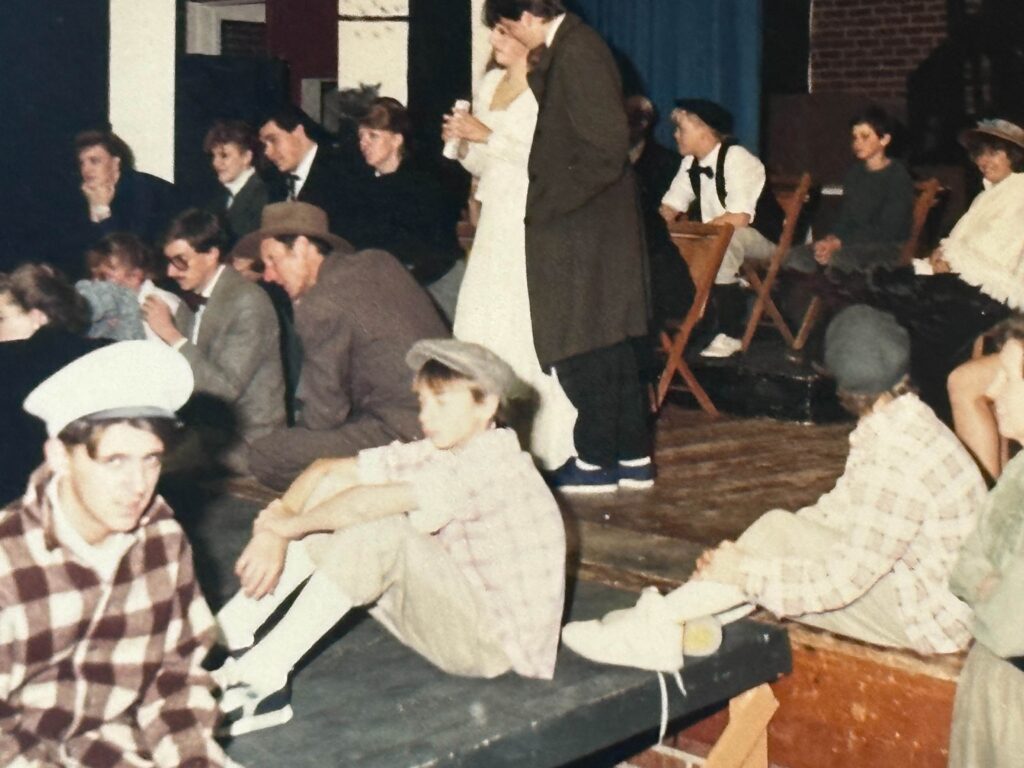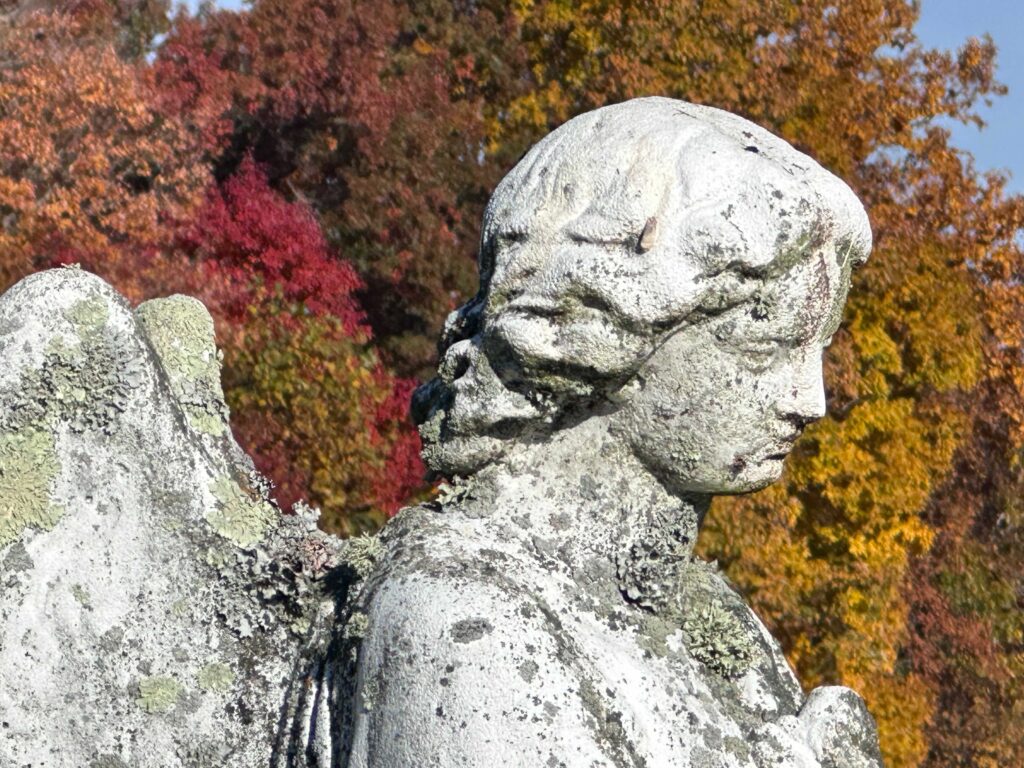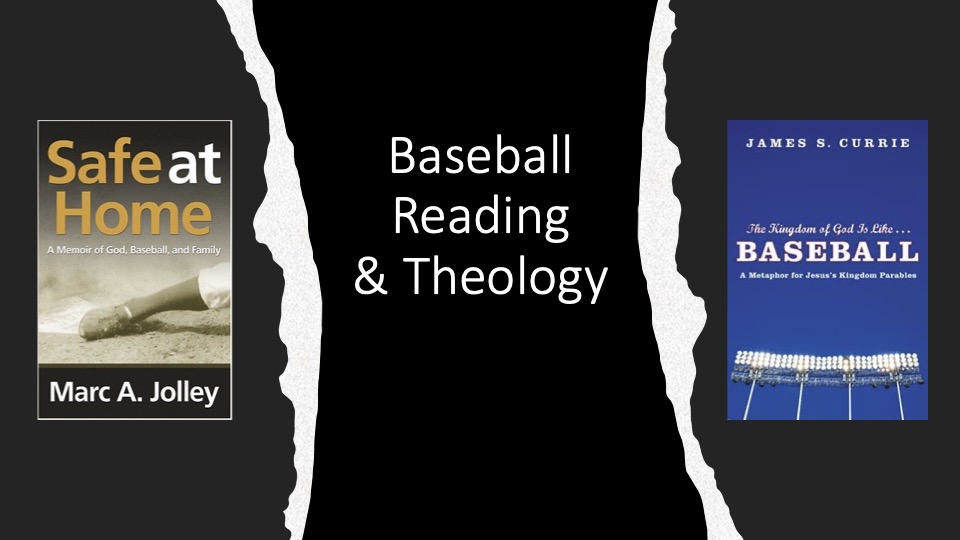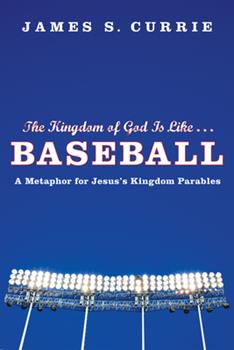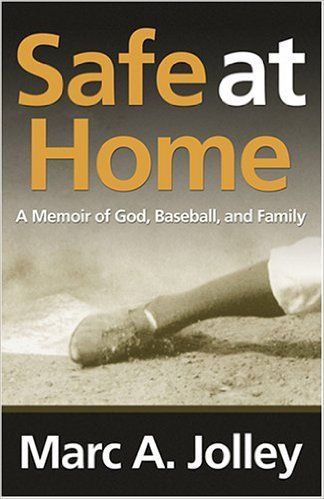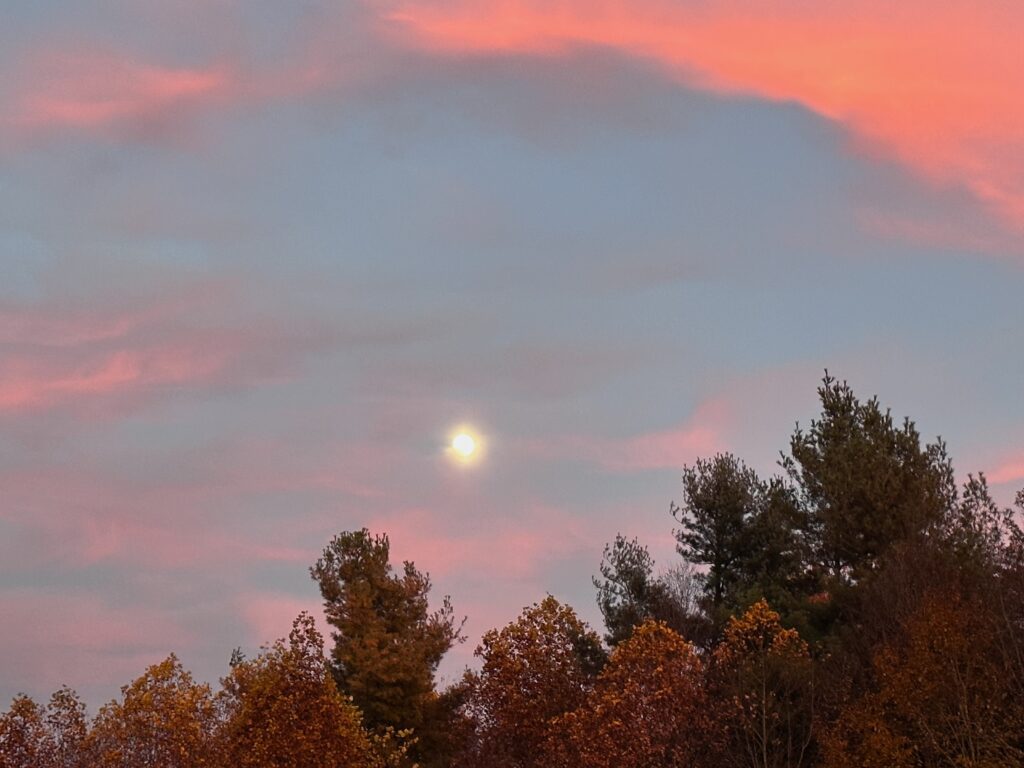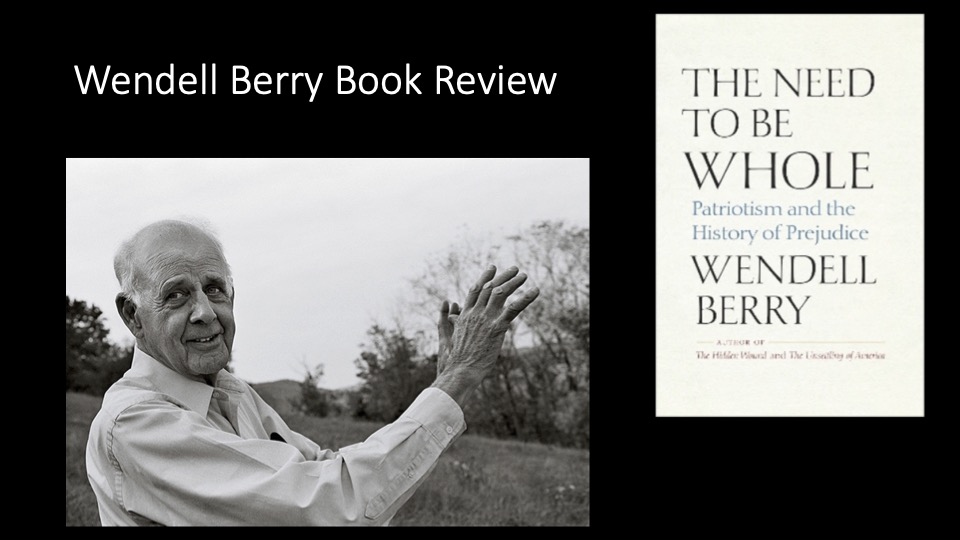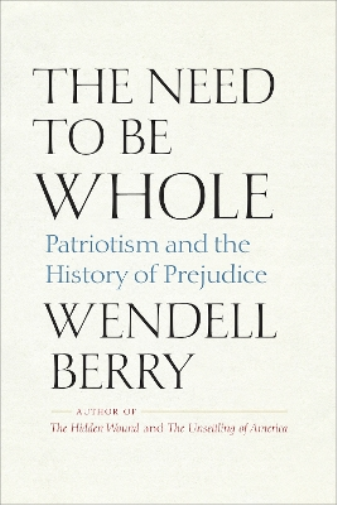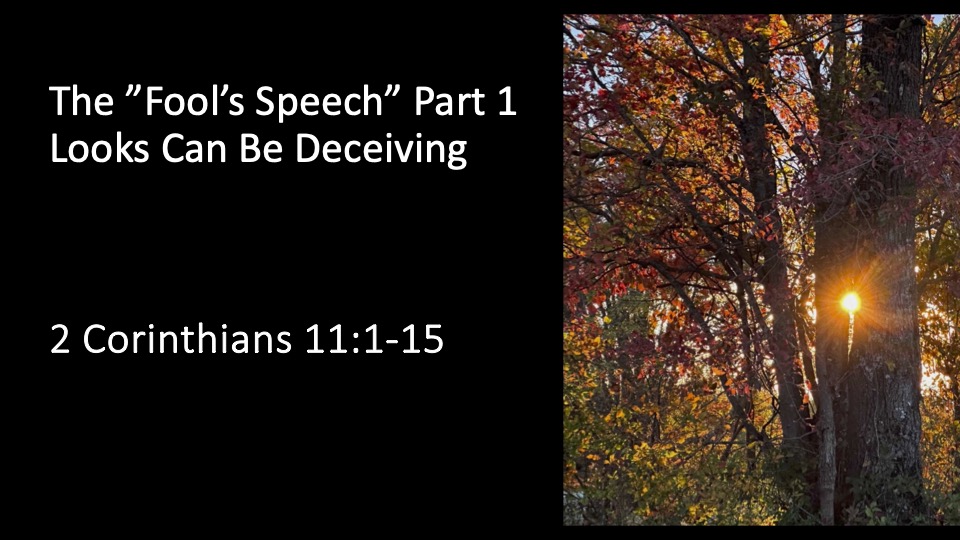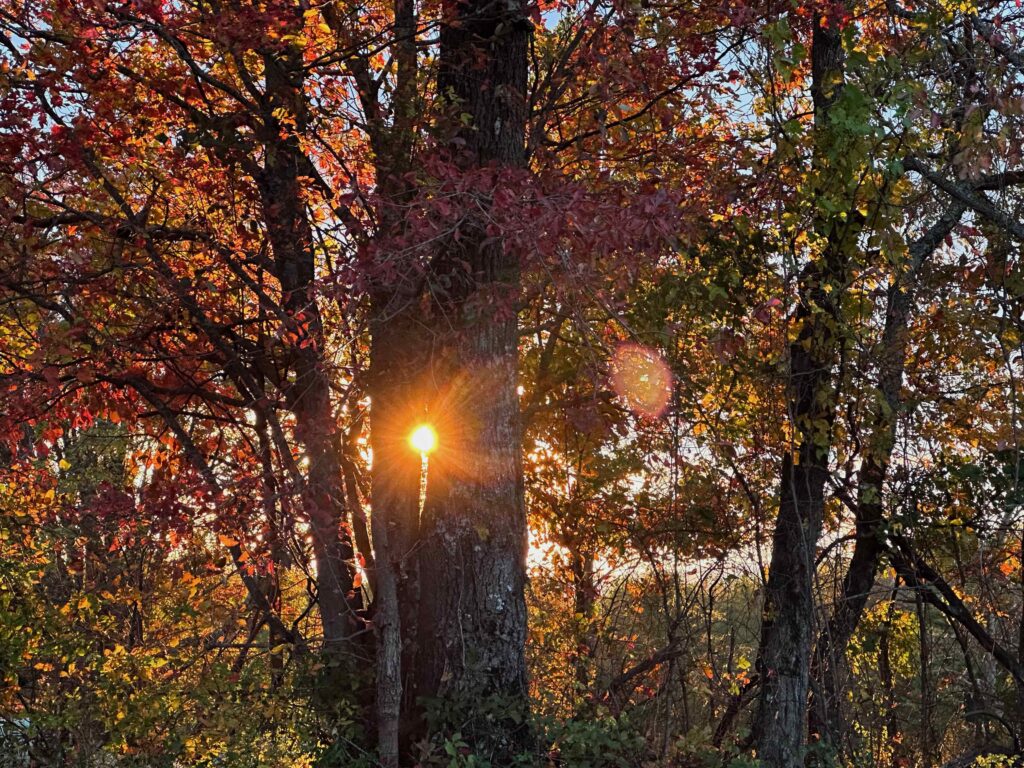On the second of November, Election Day, Tom and I met in the cafeteria at the University of North Carolina at Wilmington. Normally I rushed from school to the bakery for the second shift, but since it was Tuesday, I was off. At the bakery, those in production worked Sundays and Mondays, then Wednesdays, Thursdays, and Fridays. In my spare time that fall, between classes and work, I had volunteered for the Ford Campaign for President. Tom, whom I knew since 1973, when we both starting to work at Wilson’s Supermarket on the same day, also volunteered. Often on Tuesdays, we would be working a phone bank or putting up signs. But now Election Day was here. It was time to rest.
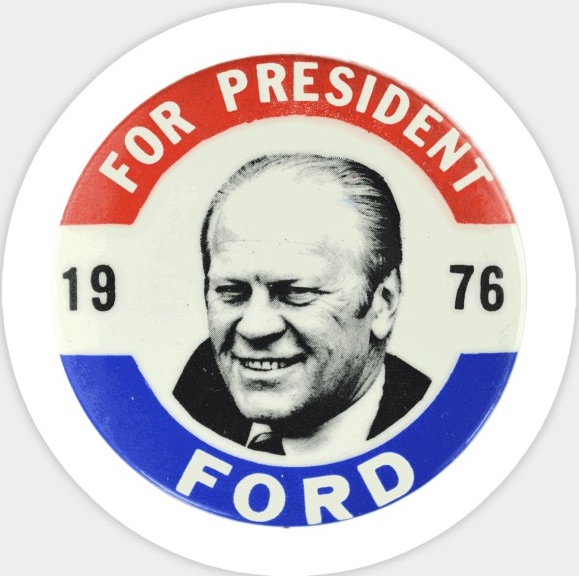
We talked about the election. While I had worked for Ford, I wasn’t opposed to Carter being President. I had even heard him speak on campus during my freshman year in college. There’s not been many election since that I could say that I admired both candidates. Although in different precincts, both Tom and I voted early that morning. It was our first time going to the polls, and sadly, for Tom, his last.
While eating, Tom shared with me that he was going back to the eye doctor that afternoon. His eyes had been bothering him, and they couldn’t seem to get his thick glasses adjusted. I had no idea this would be the last time I would see him alive. After all, I no longer worked with him at Wilson’s Supermarket, nor did we have classes together.
Tom, however, had a class with my fiancé. She had complained to me a few weeks earlier about Tom, how he often sat by her and tried to talk to her in a psychology class. Thinking he was weird, with his thick glasses, the red splotches on his skin, and the way he often twitched his head when talking, she felt he made it hard for her to make friends within her field of psychology. She wanted me to tell him to leave her alone. I refused. We had a bad argument. I started to break up with her. Had I done so, it would have saved me much heartache a few years later. But I didn’t. Before the topic came up again, Tom was struggling to live.
A few days after that lunch, I received a call from Billy, another friend, who told me that Tom was in the hospital and had a brain tumor. His eye doctor realized something else was wrong and sent him to another physician. Billy and I went to see him at the hospital, but were not allowed in. I later learned they performed the surgery, and the physicians realized it was more complicated than expected. They closed him up and brought in a team from Duke to help with the surgery, but Tom didn’t survive.
Several of us who had worked with Tom at Wilsons attended the funeral. The service was held at the Catholic Church on Wrightsville Beach. It seemed odd, but this was the second time I had been in a Catholic Church. Both times had been for a funeral and at the same church. The first funeral was three years earlier, for an another high school friend. In an odd sort of way, Tom was the glue that held several of us together. After we said our goodbyes that afternoon, I would never see the two of them again.
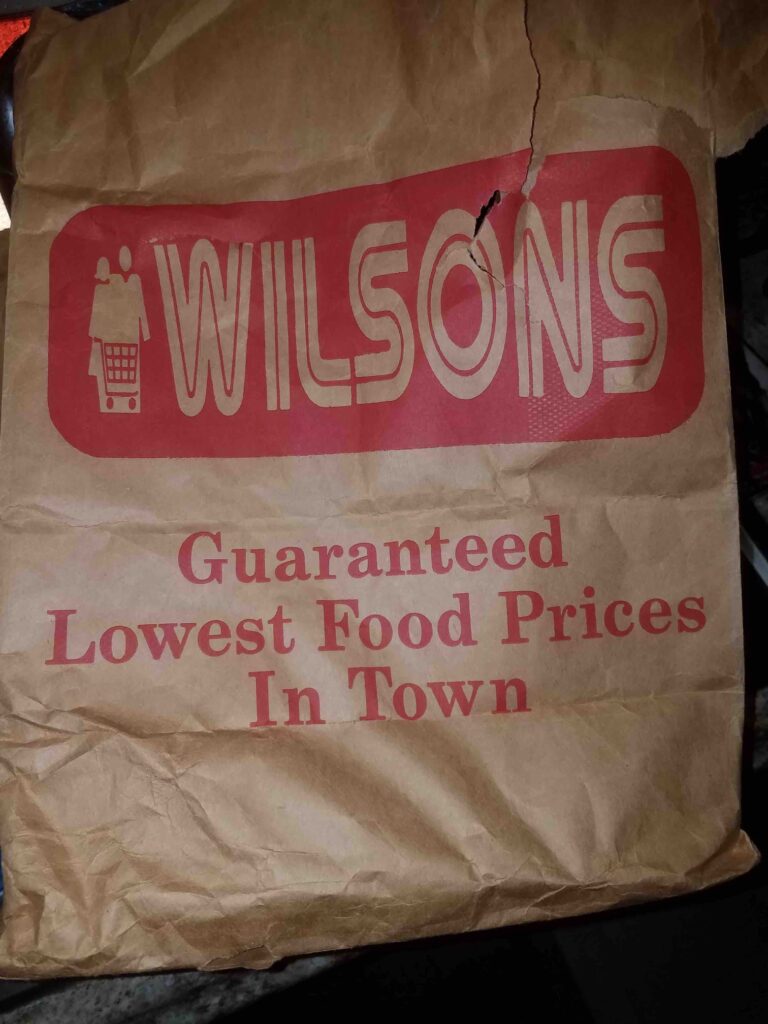
Tom and I started at Wilson’s Supermarket on the same day. Being the new kids in the store, we became friends. And during my time there, Tom generally followed me. When I became the leader of the Saturday night mop crew and had an opening, I invited Tom. He would later take my place running the mop crew. I taught him how to use a cash register, how to handle price changes, and to order cigarettes. Billy started working at Wilsons a few months after us, and he was the first to leave as he graduated in 1974.
While Tom went to a different school than Billy and me, we often hung out and got into mischief after work.
One night, Tom was riding with Billy, and I was following. We headed south on South College. When we got to where the road split off with Shipyard Boulevard, across from Hoggard High School, we took the right as the road became a four lane. I gunned it and moved to pass Billy. We were on a curve with a medium between us and the opposing traffic. The curve limited my sight. Soon, a car in the wrong lane was coming straight toward me. I swung over, trusting I was ahead of Billy. I barely missed the approaching car. Thankfully Billy, sensing the danger, hit his brakes. Billy later said that Thomas screamed something about me dying and grabbed his arms while he was trying to slow down and move onto the shoulder to give me room. Certainly, had I hit this car head-on, I probably wouldn’t have walked away.
I remember going with Tom to a meeting for Ford volunteers that fall. The county chairperson, some big-shot doctor in town, kept calling on Thomas thinking he had a question whenever he twitched his head. Finally, the doctor asked him what was wrong. Tom said he was okay, but I knew the question hurt him. When I told my mother about this exchange, she was furious. “That man is a doctor; he should have know that Tom has a medical condition and not have shamed him.” Sadly, at the time, none of us knew the severity of his condition.
I don’t know if Tom ever got his driver licenses. He either rode his bicycle or his older brothers gave him a lift. The two of us discussed taking our bikes up to the Outer Banks and riding and camping along the beach, but sadly we never got around to it. Leaving his funeral, I felt a tinge of guilt for not working harder to have made it happen.
After the funeral, one of his brothers confided in me that Tom’s twitches were a part of his condition which led to his brain tumor. He knew that anytime such a tumor, such as the one that claimed his life, was a possibility. But Tom never sought pity; he just wanted to be included as one of us. I look back over these 47 years and think of all that he missed, and yet I’m glad to have had a few years of friendship with him.
###
Sadly, I have no photos of Tom. One day I will check out New Hanover High School yearbooks for 1974-1976 and see if I can find a photo.
